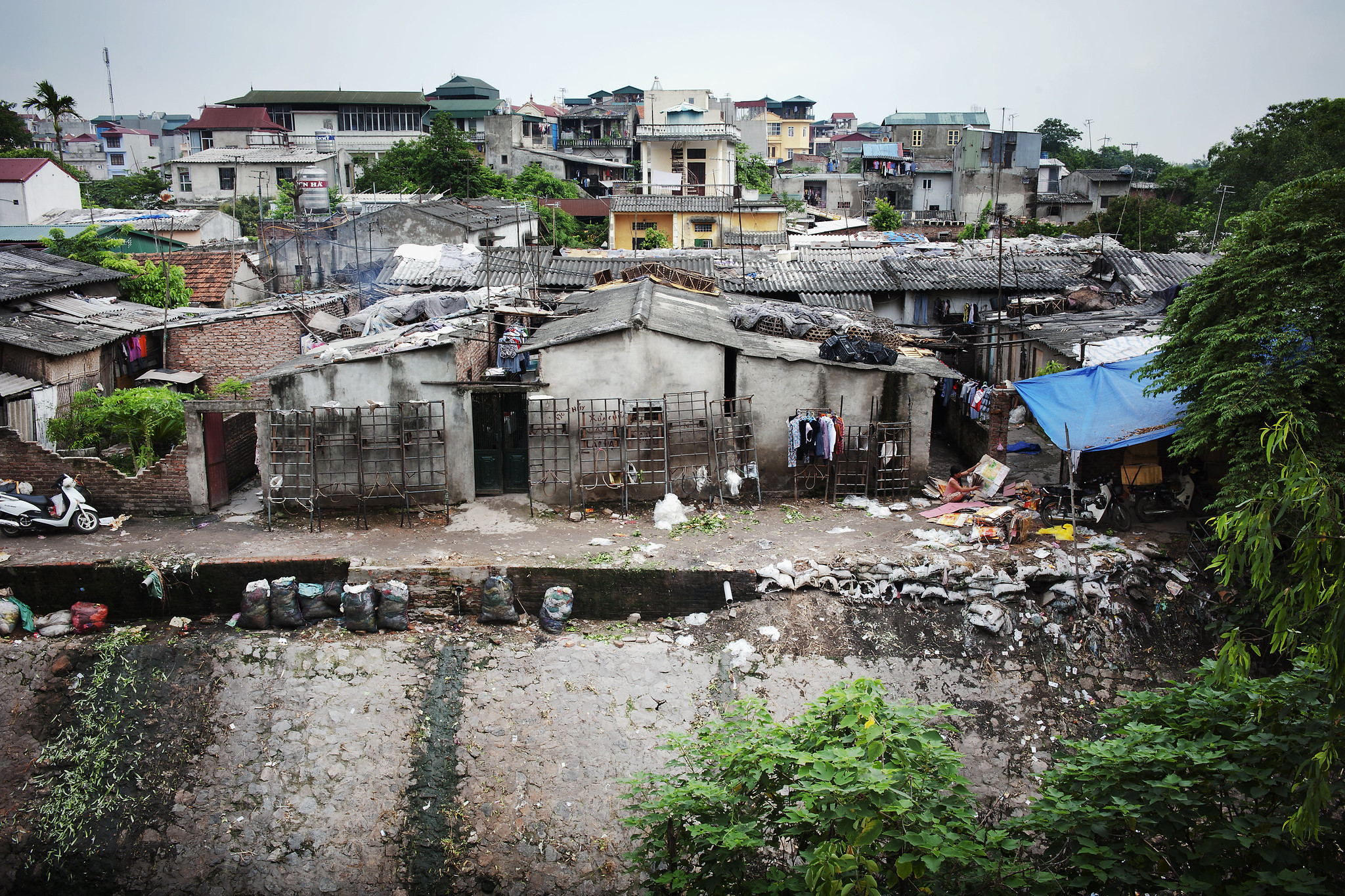Week 4
Background
Poverty and hunger are inextricably linked. Poverty causes hunger, but not every person living in poverty faces chronic hunger. However, almost all people facing chronic hunger are also living in poverty.
Overcoming poverty will require holistic approaches to address the root causes. For example, globally, millions of people are living with food insecurity and hunger because they simply cannot afford to buy enough food, cannot afford the farming supplies they need to grow enough good food of their own, or live in regions where climate change is affecting a landscapes ability to support viable agriculture. Rural households are typically the most affected by the consequences of poverty and hunger. In addition to causing hunger, poverty limits a rural community’s ability to invest in its own development. Often, rural girls living in poverty will be kept out of school to save money. This contributes to the gender disparity in the education, and between rural and urban girls. The lack of education leads to higher adolescent birth rates which can over-burden an already economically strained community, perpetuating a cycle of gender inequality, poverty, and hunger.
Pulling people out of poverty will not be accomplished through unsustainable and unreliable charity. It will require social justice to ensure basic human rights are met, leaving no one behind, while allowing everyone the opportunity to fulfill their right to a dignified and decent life. For many counties and societies this will include building the capacity of women and men and may involve skills training, enhanced education, and knowledge mobilization to provide the necessary tools and resource to improve livelihoods and communities to build better futures for themselves and their children.
Assignment
This assignment will look at food insecurity for a named country. The collected information will be based on a thorough literature review of the issues and pathways for solutions.
- Looking at your own country or a country of interest, assess and report on the food insecurity situation at the national level (what is the status of food security for this country).
- Critically assess and report approaches for reducing food insecurity at the local level (for a local community) within your chosen country.
- What is the food insecurity situation for this community?
- What are the current strategies being implemented (if any)? What is working and not working?
- What are some strategies and programs you would recommend to help pull this community out of food insecurity?


